Cannabis products have become the talk of the town very recently. They are claimed to have therapeutic properties, and are sold as CBD oil, in tinctures, skincare products, edibles, drinks, and whatnot. But what are they really? Why is there so much fuss about and around them? These and many more questions that need further study and clarification will be answered in this blog post, and this guide will try to lead you out of the maze.
What Are Cannabinoids?
Cannabinoids are naturally existent active compounds derived from cannabis plants (mainly Cannabis Sativa) and extracts. These compounds interact with the cannabinoid receptors (CBD1 and CBD2) present in the endocannabinoid system.
These receptors improve the functioning of the system, which in its turn regulates our psychological, psychomotor, and cognitive processes, such as pain sensations, stress, and anxiety, mood, behavior, sleep disorders, inflammation, immunity, etc.
The endocannabinoid system is present in our nervous and peripheral systems and throughout our bodies. Besides being present in the cannabis plant, cannabinoids called endocannabinoids can be produced in our bodies as well. Cannabinoids have been around throughout the world for centuries.
There have been thousands and one use of cannabis, the most well-known of which are: for religious and spiritual, medicinal, recreational purposes. In spite of the fact that much of their nature still needs to be revealed, the public’s interest and understanding and media coverage have been growing with lightning speed. All these facts have made a lot of countries move towards their legalization.
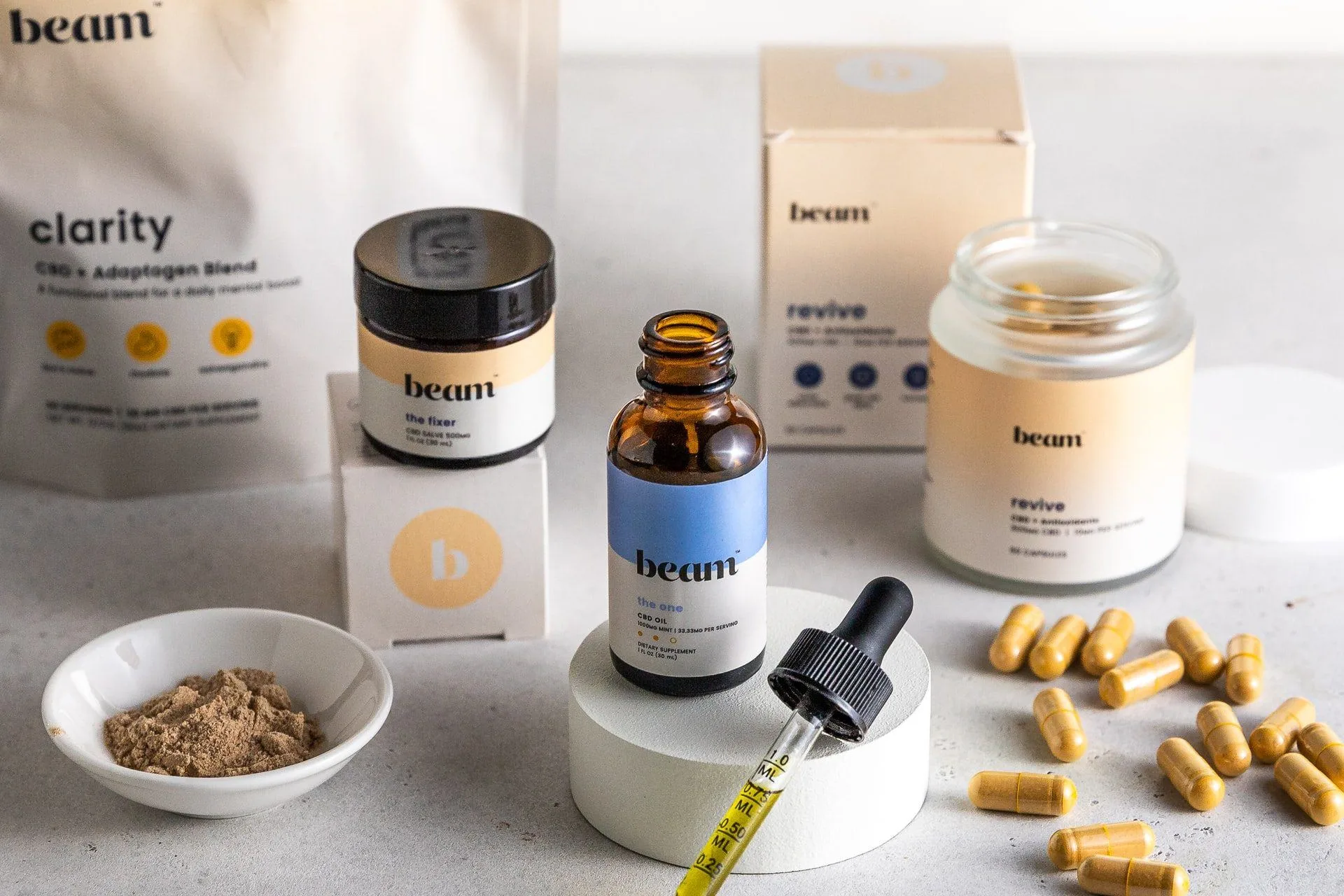
Photo by Elsa Olofsson on Unsplash
Types of Cannabinoids
All in all, there are about 113 identified cannabinoids, but some of them are more popular, the main difference between them being in the degree of psychoactivity.
Besides, each cannabinoid possesses specific features and benefits, and, in moderate dosages, can contribute to a person’s well-being and help with a lot of health issues. Of course, out of all these types of cannabinoids, only a few have been singled out and studied so far.
Among them are the best-known THC and CBD, the former for its psychoactive properties and for getting you “high” off, and the latter for its therapeutic effects.
CBD
CBD is probably the most reputable type of cannabinoid. The most important properties in its favor are that it does not possess any psychoactive effect and has a beneficial effect on the human’s and our four-legged companions’ bodies. There are three types of CBD: full-spectrum (containing all phytochemicals, including THC), broad-spectrum (containing all phytochemicals, but not THC), and isolate (containing CBD only).
While much is still to be expected from scientific research, so far, a number of its therapeutic properties have really been proven. Common uses of CBD include the following:
- Reducing anxiety, stress, and depression
- Alleviating pain and inflammation
- Improving the quality of sleep and, with the appropriate dosages, combat insomnia
- Helping with workouts by improving your performance, building up resilience, and quickening the recovery process
These are a few of the truly wondrous properties of CBD, and the ongoing process of research on them is opening up some more of its benefits day by day. But we should not forget that at present there is only a little more than anecdotal evidence on its behalf. So before going for it, we should do our own research and use it in moderate dosages.
THC
THC is the most notorious and most maligned of all compounds for its psychoactive effects. It is usually associated with marijuana, weed, dope, grass.
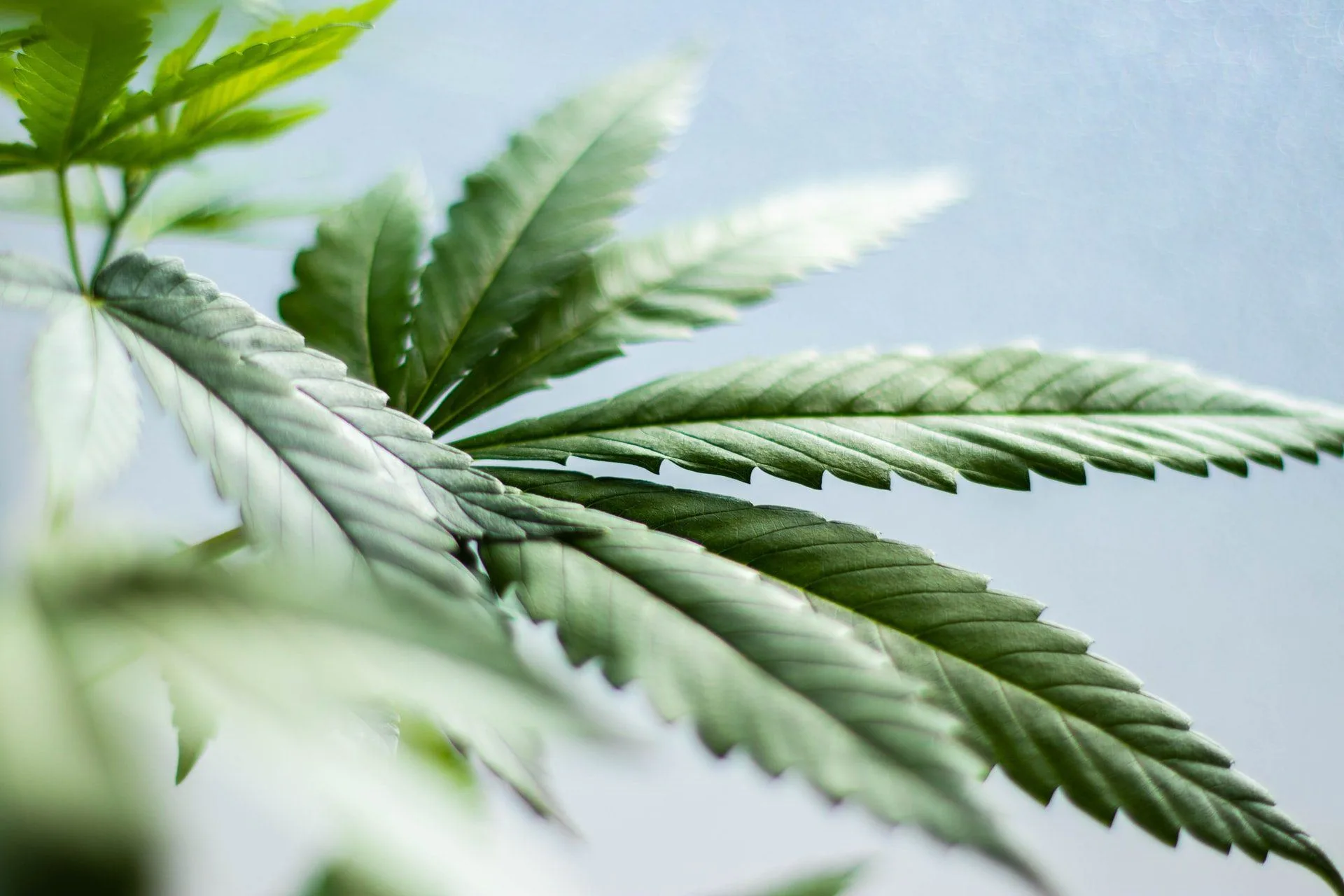
Photo by Benjamin Brunner on Unsplash
It can be smoked, eaten, usually vaped for pleasure and amusement, though it also possesses some therapeutic properties as well. Its functioning is pretty straightforward: it stimulates the part of your brain that responds to pleasure.
It gets into your bloodstream rather quickly and gets you “high” in seconds. But at the same time, it can cloud our distort our senses, and impede our motor skills. In fact, THC can have undesirable effects on our bodies, and the like. It may also cause addiction.
Products containing more than 0,25 THC are considered to be illegal in most parts of the UK and many European countries because of their harmful effects. Though there is still a wide gap in its study. So, you should consider all this before indulging yourself in it.
CBG
CBG is the base molecule from which CBD and THC form, and it is known as the “stem cell compound”. Though the evidence is again scarce concerning its effects, one thing is pretty clear, like CBD. It does not cause high, and unlike CBD it interacts directly with CB1 and CB2.
Besides, it is difficult to obtain, as it can be found in small concentrations in mature plants, and in high concentrations only in infant plants. It can help those who suffer from appetite loss, bladder dysfunction, and bacterial infections. Surely, CBG is not as much-talked-about as CBD or THC and needs even more research and elucidation.
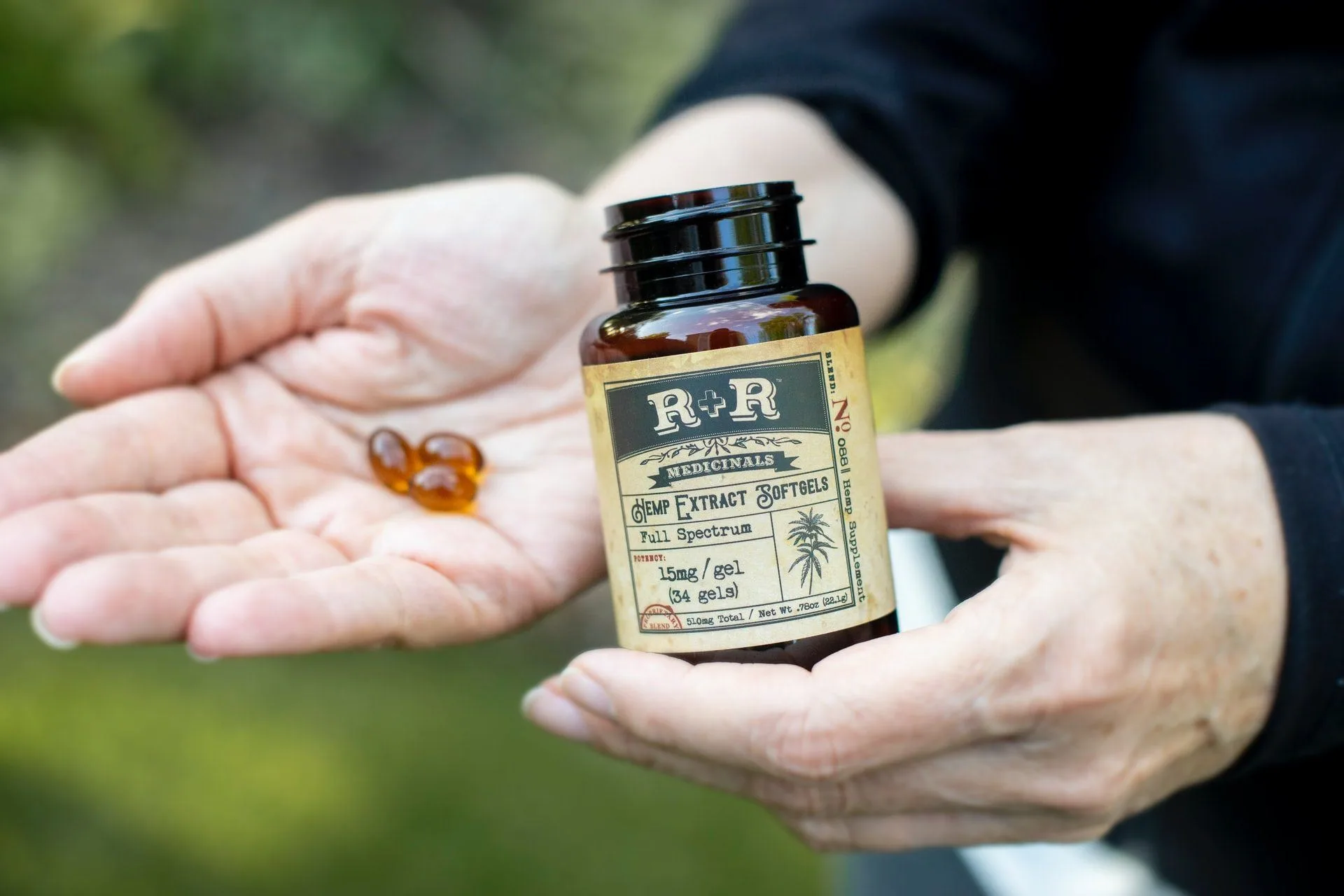
Photo by R+R Medicinals on Unsplash
CBN
In contrast to CBG, CBN is more abundant in mature plants. It is a non-intoxicating cannabinoid into which THC transforms itself when exposed to heat or poor storage conditions. But unlike THC, it is not likely to cause “high”.
CBD has many medicinal effects on the human body, especially when coupled with other cannabinoids.
Side-Effects Of Cannabinoids
Despite all the above-mentioned possible beneficial effects of Cannabinoids, they may cause some unwanted side effects. These include:
- Dizziness
- Increased heart rate
- Hallucination
- Breathing problems
- Hallucinations
- Hindrance of cognitive and motor skills
- Addiction
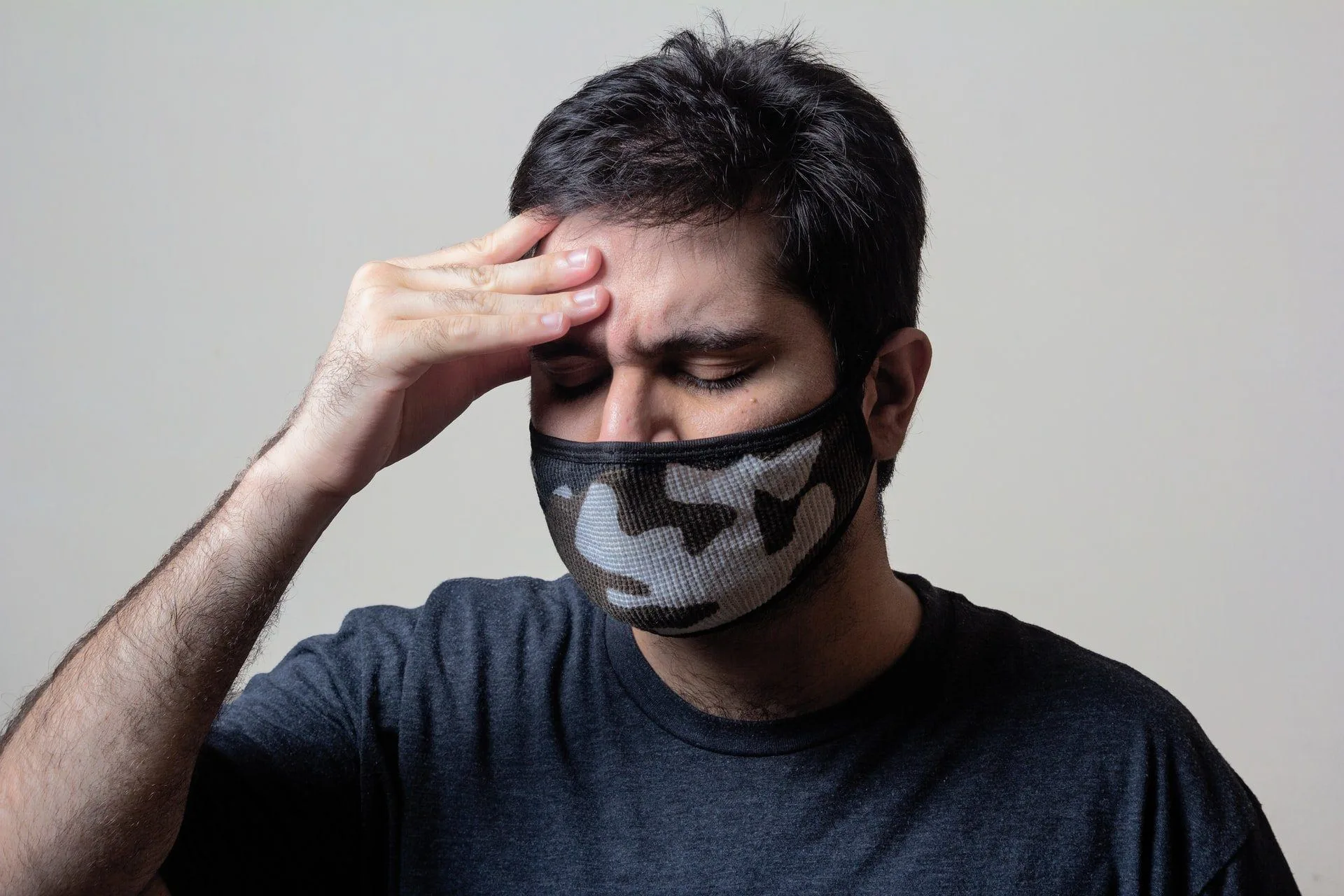
Photo by Usman Yousaf on Unsplash
Final Thoughts On Cannabinoids
Cannabinoids are claimed to be a natural means of optimizing the body’s natural healing system on a day-to-day basis and responding to more serious health issues.
Their medicinal properties are versatile. However, the research and the evidence are little more than anecdotal and there is no unequivocal claim concerning their benefits or secondary responses. So if you wish to feel on top of the world you should give it a second thought and weigh all the advantages and disadvantages of taking cannabinoids.
Who Is The Author?

Naira Martirosyan
Naira Martirosyan is a freelance content writer and a lifelong learner passionate about experimenting, learning, and journaling. She has been writing various articles and blog posts for 10 years.
She specializes in the topics of stress and anxiety management. Naira also focuses on improved physical and mental health, and various possible herbs and remedies gifted from nature. Along with content writing, she also works as an associate professor at Yerevan State University. Plus, she is a regular speaker at international conferences and seminars.


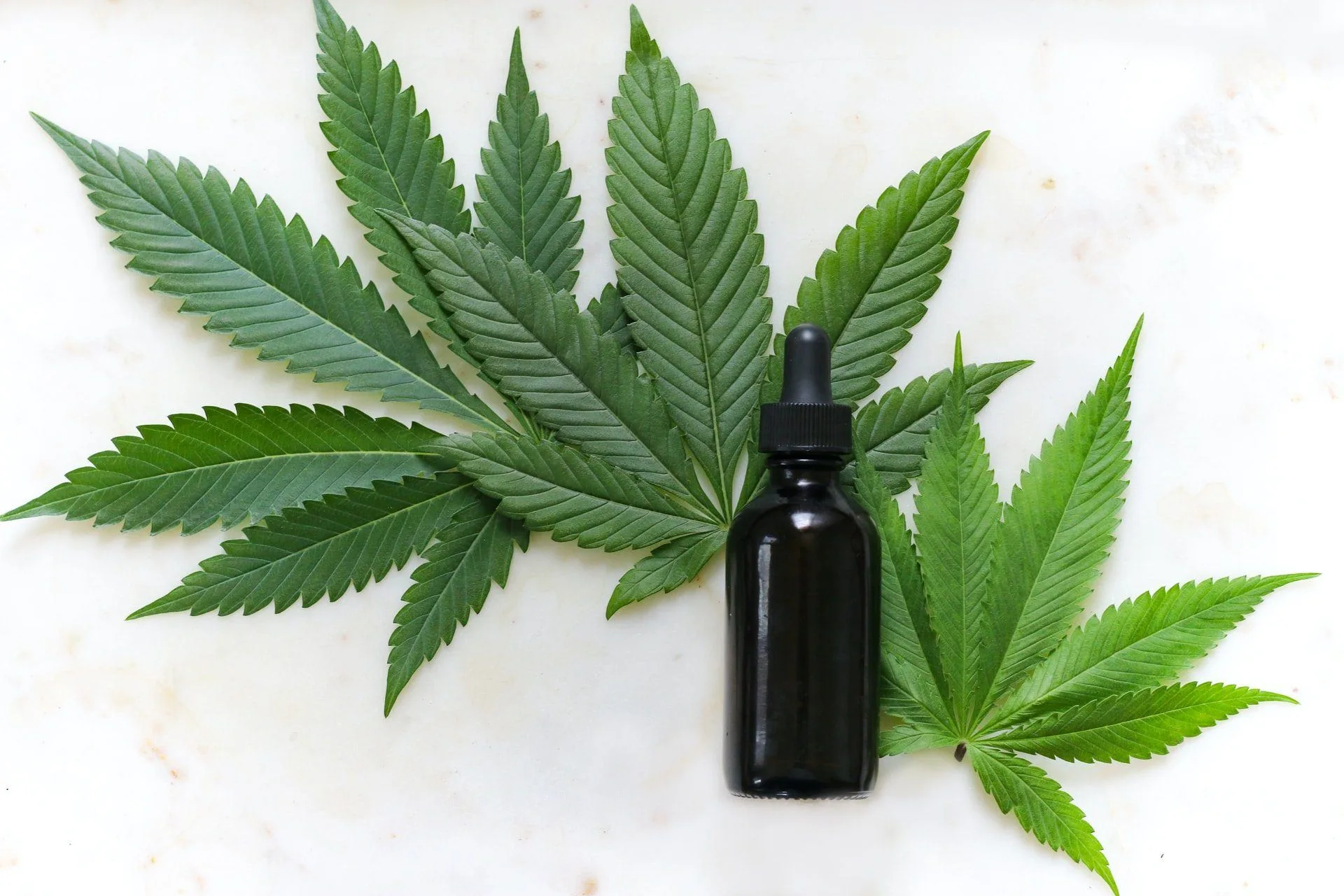


![women [longevity live]](https://longevitylive.com/wp-content/uploads/2020/01/photo-of-women-walking-down-the-street-1116984-100x100.jpg)










